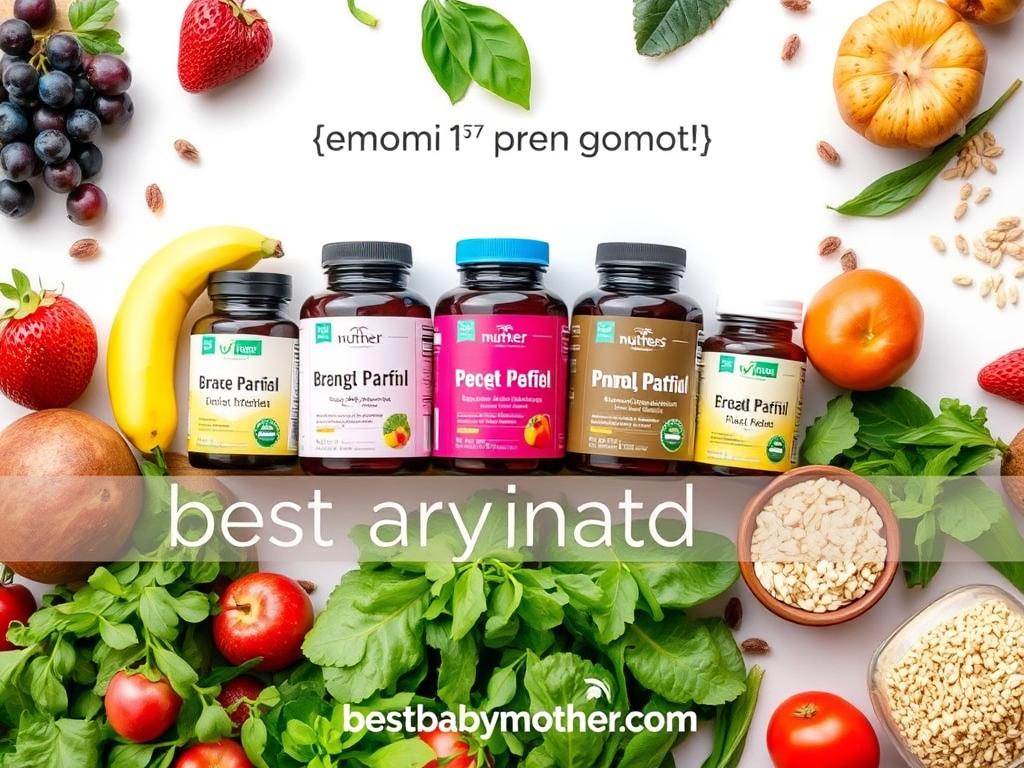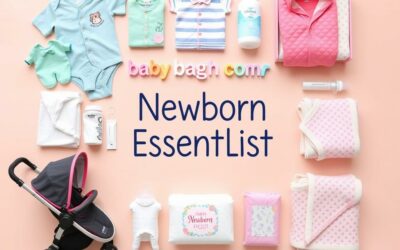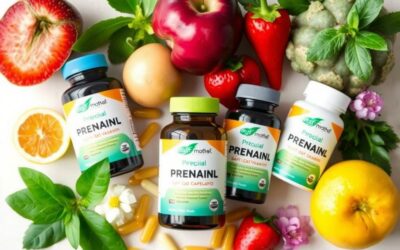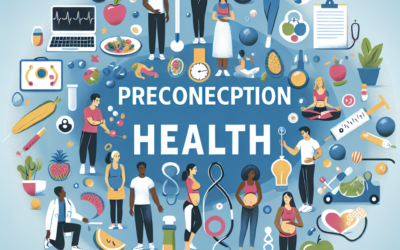Starting your pregnancy journey is exciting. It’s key to focus on prenatal care for your health and your baby’s. This care goes beyond just genetics. It’s about creating a healthy space filled with good food and care.
Every time your baby’s brain grows, what you do and eat matters a lot. This is because your baby’s brain is making millions of new cells. These cells help make up the complex human mind.
To keep your pregnancy mental health strong, do things that help you relax. Stress can harm your baby’s brain, especially parts that deal with fear and anxiety. Make sure you get enough sleep, aiming for 7-9 hours a night. Sleep helps with mood and health.
Don’t forget about pregnancy skincare. Your skin shows what’s happening inside you, like hormonal changes.
Key Takeaways
- Drink at least eight glasses of water a day to help with your increased blood volume.
- Go to regular prenatal check-ups to watch your baby and your health.
- Talk to doctors about how much weight you should gain and what foods are best.
- Get enough sleep and do some light exercise, like walking or prenatal yoga, for your body and mind.
- Avoid alcohol, tobacco, and other harmful things during this important time.
- Find ways to relax and build a strong support network.
- Learn about childbirth and parenting to feel more confident and happy as you get ready to be a mom.
Essential Nutrition and Supplements for a Healthy Pregnancy
Good pregnancy nutrition is key for a healthy baby and you. You’ll need to focus on folic acid, iron supplements, and omega-3 fatty acids as you go through pregnancy.
You’ll need about 300 extra calories a day. Sweet potatoes, bananas, and salmon are great sources. They’re full of vitamins and minerals for you and your baby. Adding prenatal vitamins to your diet is also a good idea. They help fill any nutritional gaps.
Folic acid in these vitamins is especially important. It helps prevent serious birth defects of the brain and spine.
According to the U.S. Public Health Service, consuming 400 micrograms of folic acid each day is recommended for all women of childbearing age to diminish the risk of neural tube defects.
Balancing Your Diet for Baby’s Development
You’ll need 27 milligrams of iron daily. It’s good for your blood and your baby’s growth. Eat foods rich in iron like leafy greens and lean meats. You also need 1,000 milligrams of calcium daily for your baby’s bones and teeth. Dairy products and fortified juices and cereals are good sources.
The Importance of Prenatal Vitamins
Prenatal vitamins are crucial for extra nutrients like iron and folic acid. But remember, they shouldn’t replace a balanced diet. A good prenatal supplement also has calcium and vitamin D. Vitamin D helps with calcium absorption and boosts your immune system.
Plant-Based Diets During Pregnancy
Eating a plant-based diet can be good if planned right. You’ll need essential fatty acids like DHA from algae for your baby’s brain and eyes. Make sure to eat a variety of colorful fruits, vegetables, and fortified foods.
For more detailed guidance on pregnancy nutrition, check out Mayo Clinic’s pregnancy nutrition overview.

Every pregnancy is different, and your needs may change. Always talk to your healthcare provider about your diet and supplements. They can help make sure you and your baby stay healthy throughout your pregnancy.
Exercises and Wellness Activities for Expectant Mothers
Pregnancy brings big changes, making it key to stay healthy. Doing pregnancy exercises and prenatal yoga is great for your health. These activities help manage weight and prepare your body for childbirth.
Many experts say moderate exercise during pregnancy is safe and good. Walking, swimming, and cycling are good because they’re low-risk and good for your whole body.
Did you know? Healthy pregnant women need 2½ hours of moderate activity weekly. This can be brisk walking or swimming. Exercise can also lower risks of pregnancy problems and ease back pain.
Prenatal yoga keeps you fit and improves sleep and stress levels. It also makes your muscles stronger for childbirth.
- Start with gentle stretches to warm up.
- Gradually work up to 10 repetitions for leg raises on each side to strengthen your pelvic muscles.
- Include pelvic tilt exercises to enhance your abdominal strength.
- Follow up with 15 minutes of walking or 10 minutes of swimming to enhance cardiovascular health.
Avoid risky exercises like horseback riding and hot yoga. Always drink water before, during, and after workouts to stay hydrated. This supports pregnancy wellness.
Regular exercise during pregnancy not only helps manage weight but also contributes to a smoother labor and quick postpartum recovery.
Adding prenatal yoga to your wellness plan is very beneficial. Yoga helps reduce stress and boosts emotional strength, making pregnancy easier.
Always talk to your doctor before starting or continuing exercise during pregnancy. They can give advice based on your health and any risks.
By doing moderate exercises and yoga, you can make your pregnancy better. This ensures health and happiness for you and your baby.
Recognizing and Avoiding Pregnancy Risks
Pregnancy is a journey filled with joy and potential risks. Knowing the pregnancy warning signs is key to protecting mom and baby. It’s important to avoid things that could harm fetal development. This means following doctor’s orders, like taking folic acid and limiting caffeine.
The Impact of Drugs and Alcohol on Fetal Development
Drugs, alcohol, and toxins like nicotine are harmful to the fetus. They can cause brain problems and increase the risk of SIDS. Even safe amounts of Acetaminophen should be checked with a doctor. For health tips during pregnancy, visit Piedmont Healthcare.
Understanding and Mitigating Toxic Stress in Pregnancy
Toxic stress can harm the fetus’s brain. It can lead to too many fear connections and not enough for reasoning. To reduce stress, try mindfulness and get professional help when needed. Regular prenatal visits and vaccinations are also important.
It’s best to avoid fish with mercury, processed meats with nitrates, and raw seafood. These can cause developmental problems and foodborne illnesses.














